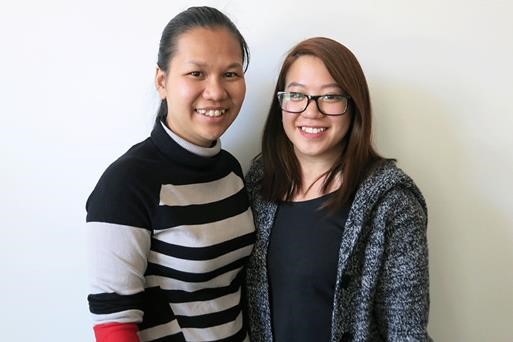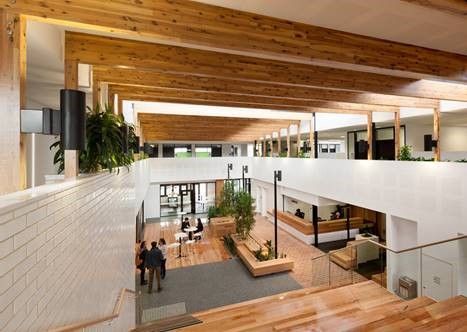Peer education goes to Ballarat

Pictured: CEH Peer Educators from the Vietnamese community.

Pictured: Ballarat Community Health Centre (BCHC)
In the second half of 2020, CEH has been engaged by the Ballarat Community Health Centre (BCHC) to develop and deliver a train the trainer, peer education module to community members in Ballarat. The aim of the program is to develop and implement a peer educator program to improve the skills and knowledge of women to access, understand and use information to make decisions, to take action about health, healthcare and well-being. The participants will be women from refugee and migrant backgrounds in the Ballarat region.
The project will be a co-design partnership with BCHC with the long term objective of increasing BCHC capacity to support, mentor, supervise and develop community health educators into the future.
It will run in the second half of 2020, and the peer educators will be employed and supported by BCH. In addition, the project will develop a guidance document that outlines a framework for BCHC so that it can support, mentor, supervise and develop the peer educators during their work among community members.
CEH works in partnership with community members to deliver BBV/STI training in first language, while empowering them to become health promotion advocates. Our Peer Education Program aims to work with people from the community to open up discussions about sexual health and blood borne viruses in a way that is easy to understand and is culturally appropriate. Peer Educators are recruited from the community and trained to build their skills and knowledge about these topics.
We recognise that many migrant and refugee communities in Australia have not completed formal education or report not speaking English well. We also know that for many cultures it is not common to talk about sexual health and blood borne viruses. There are a lot of misunderstandings and stigma around these issues that exist in many communities.
The Peer Educators play a vital role in sharing this information with people they know from their community as they have a good understanding of their culture and provide feedback about what content is relevant and acceptable. Peer Educators also have an option of speaking in their own language.
Evidence shows that Peer Education is an effective way to deliver important health information to target populations. This model will be also be used in our Multicultural Drug & Alcohol Program (MDAP) to provide information regarding harm reduction for people from refugee backgrounds.
More Information
If you would like to find out more about this project or would like to become a peer educator,
Contact CEH: Piergiorgio Moro, Program & Project Co-ordinator : piergiorgiom@ceh.org.au
Multicultural Health & Support Service (MHSS): https://www.ceh.org.au/multicultural-health-support-service/
Ballarat Community Health Centre (BCHC): www.bchc.org.au @ballaratcommunityhealth
